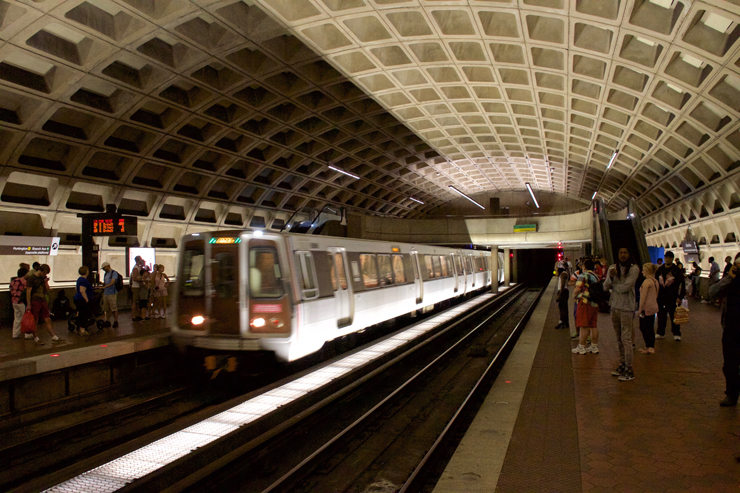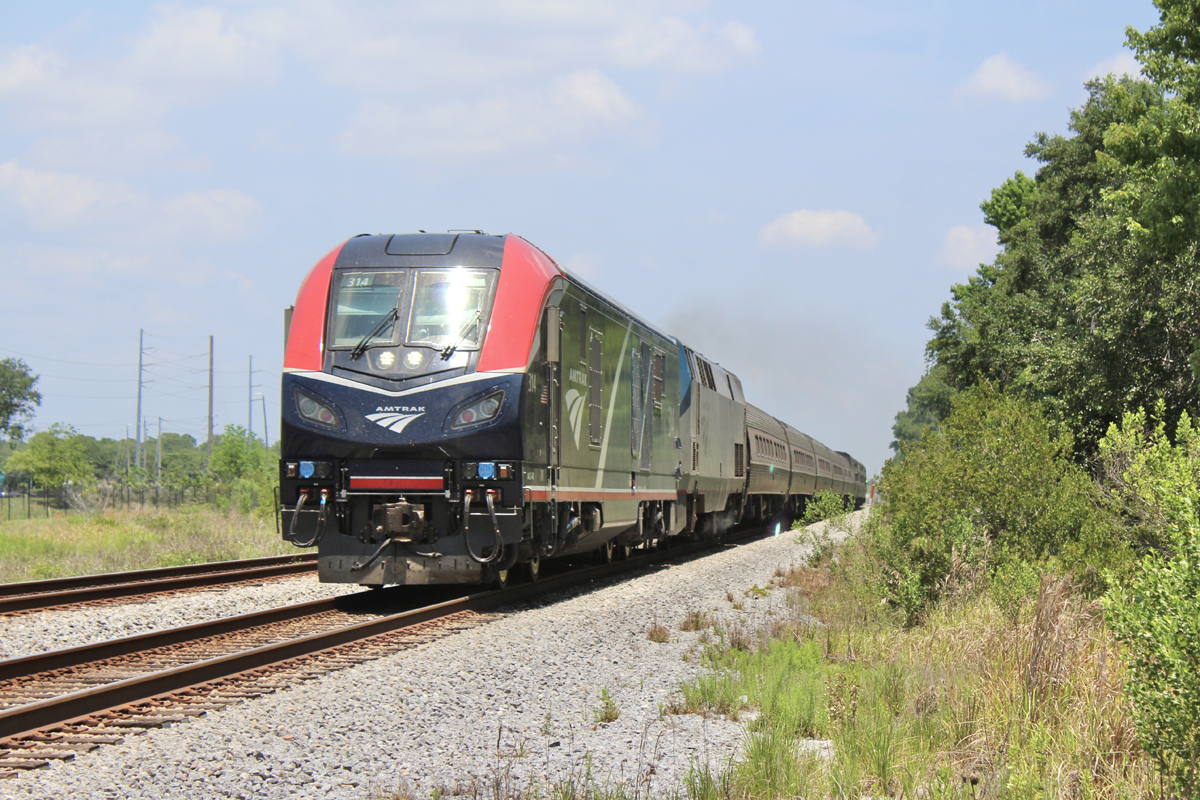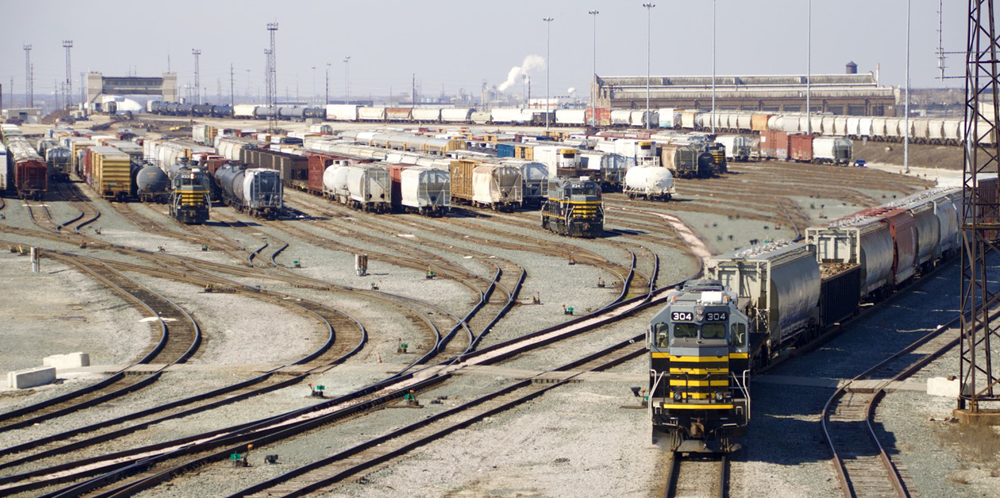
WASHINGTON — The DC Metrorail system will seek to return to automated train operation, discontinued after a fatal train collision in 2009, according to a presentation to the Washington Metropolitan Area Transit Authority board on Monday.
The website DCist reports the presentation calls for the Red Line to be returned to Automatic Train Operation in spring 2023, with the rest of the system to follow by the end of the year. Officials say the switch back to the system — which was part of the original Metrorail design — would make for smoother rides and would eliminate most issues with trains overrunning station platforms or passing red signals, which are caused by human error
Metro stopped using the ATO system after the June 22, 2009 collision between two trains on an elevated portion of the Red Line near the Fort Totten station that killed nine people and sent another 52 to local hospitals for treatment. The National Transportation Safety Board’s accident report found a failure of a track circuit caused the ATO system to stop detecting one train and therefore allowed a second train to proceed at speed, colliding with the first train. It also found a lengthy list of contributing factors including WMATA’s “failure to effectively maintain and monitor the performance of the ATO system.” Even though the system itself was not at fault, it was disabled and has remained that way.
But Randy Clarke, who became Metro’s general manager in June has called for the return of ATO, saying at a November board meeting that the Metrorail system is “the only transit property in the world that has regressed from the technology we started with.” That will require the approval of the independent Washington Metrorail Safety Commission.
Metro and the commission have had a sometimes contentious relationship — as illustrated by the recent need for Virginia’s U.S. senators to intervene in a dispute over a plan to return Metrorail’s 7000-series cars to work [see “DC Metro, safety commission reach agreement …,” Trains News Wire, Oct. 26, 2022]. And the commission has issued two reports critical of issues regarding the ATO system — one earlier this year regarding failure to maintain the control rooms that are part of the ATO system [see “Safety commission orders Metrorail to address control-room issues,” News Wire, Aug. 5, 2022], and a 2021 audit of the Automatic Train Control system that said the transit agency “is not following several safety-related processes” and included 16 findings requiring corrective action.
But Metro says it has made significant changes since 2009, would retrain operators, and would seek engineering and peer-review help from other systems before restoring automated operation. Initially, it would aim to keep an in-cab operator who would close doors manually so passengers don’t get caught in closing doors; eventually, its target would be fully autonomous operation.













“the only transit property in the world that has regressed from the technology we started with.”
Not correct. The technology WMATA started with had a flaw that allowed a fatal collision. Nine killed.
Funny, the Broad Street Subway does not use ATO and trains do not overrun station platforms or pass red signals. BSS also has only the operator on board who also opens and closes the doors.
“the only transit property in the world that has regressed from the technology we started with.”
The same statement applies to much in Washington, DC beyond just transit.
He says that like it’s the fault of something other than incompetent management. Mr. Clarke, you’ve got a LONG WAY to go before anyone in their right mind would sign off on that. Your crews are poorly trained, your maintenance practices are shoddy, and your equipment breaks a lot more often than it should.
Of course in DC, bribes and kickbacks are how things get done, so I suppose if the right palms get greased you might get what you want.
I used to brag about the Metro and tell anyone within earshot how great it was, and that it was the only way to get around in DC. Now, I wouldn’t set foot on a Metro train because I have no confidence that I could get from point A to point B without getting burned up, crushed to death, or being asphyxiated due to smoke inhalation. Thank God I have no reason to travel to that miserable, corrupt, and mismanaged town.